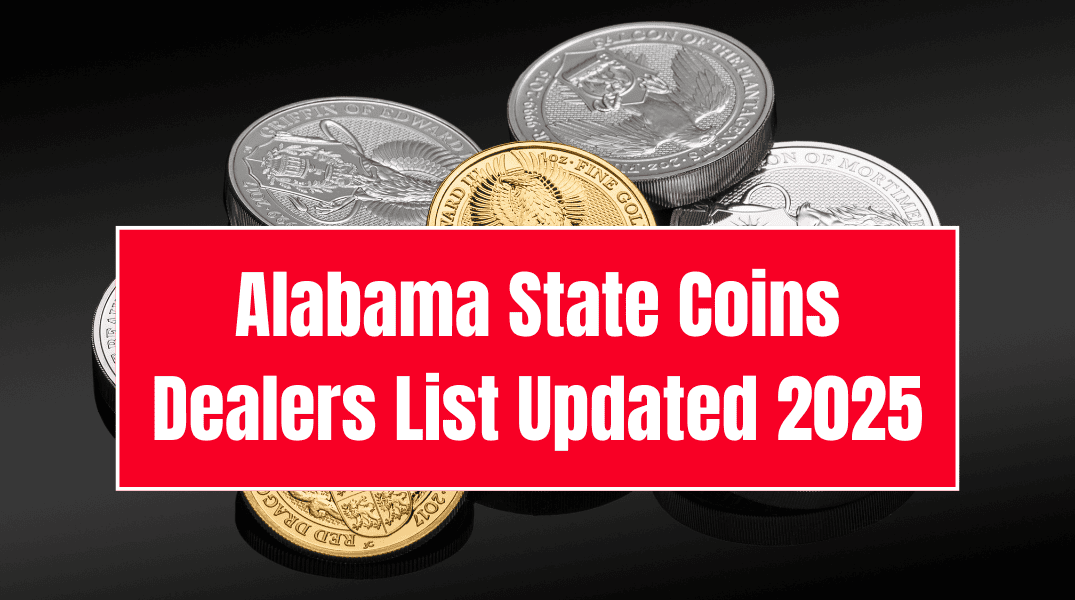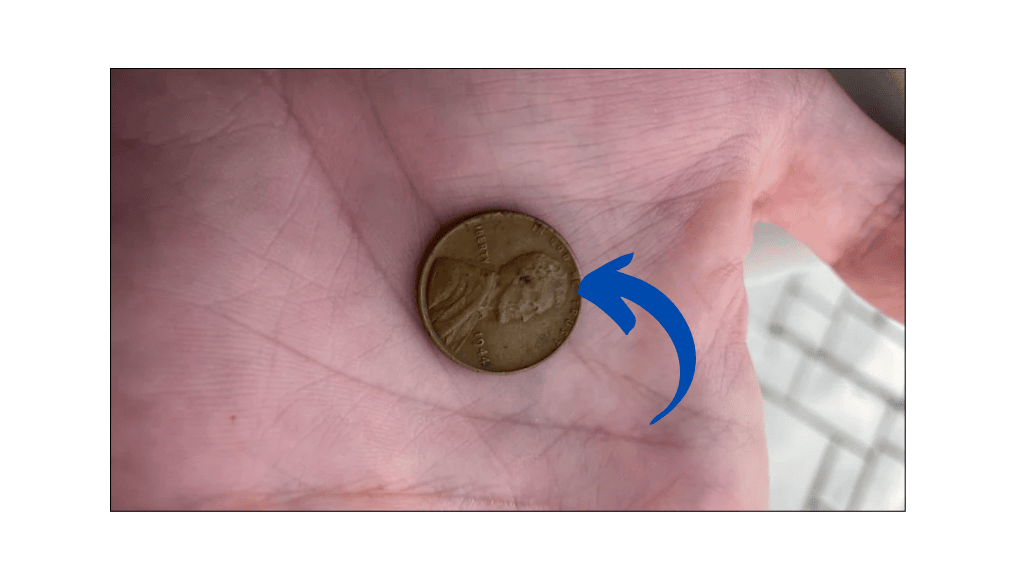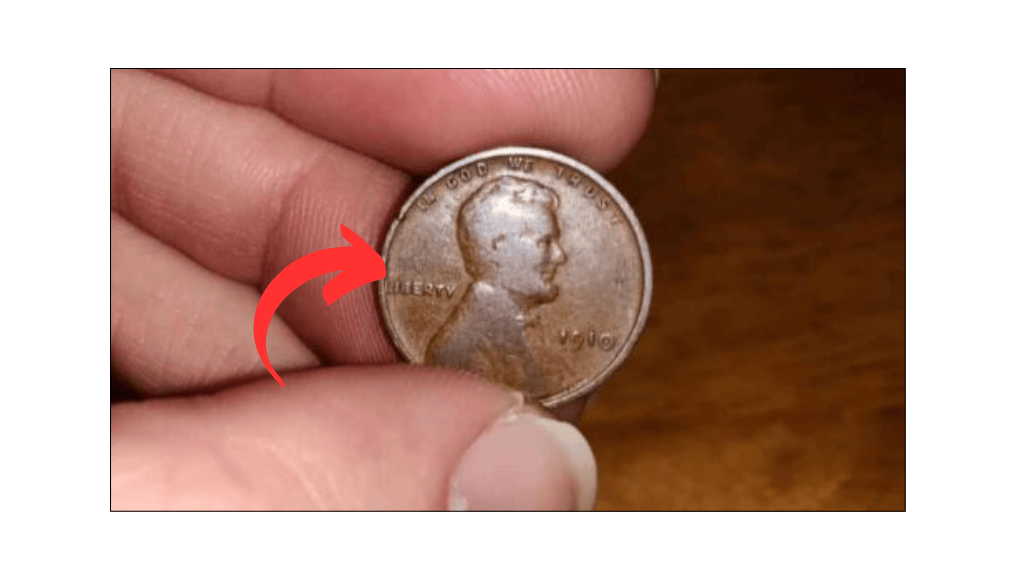$10000 Millions from Rare Coins & Wheat Pennies: Know How to Become a Coin Dealer in Simplest Way: Starting a career as a coin dealer doesn’t always need special training or a long history of coin collecting. While many successful coin dealers begin as hobbyists, you can still enter the industry from scratch with interest, basic knowledge, and a smart business approach. Whether you’re fascinated by rare coins or see it as a promising business, this guide will help you learn how to start small and grow into a trusted coin dealer.
Learn the Basics of Coin Dealing
Start Collecting Coins
Even if you’re not a collector now, it helps to start collecting coins to understand the market. You’ll learn about different types of coins, how old they are, what makes them rare, and how much they might be worth. You can buy coins from coin shops, online dealers, or auctions. Slowly building a collection gives you hands-on experience that’s very useful in this field.
Understand How to Grade Coins
Coin grading means checking a coin’s condition—like how worn it is or if it has any damage. This affects its value. Each country has its own grading system. In the US, for example, there are 16 official grades according to the American Numismatic Association. To learn grading, try working with an experienced coin dealer, even part-time.
Learn to Negotiate Smartly
Negotiation is a big part of coin dealing. You’ll need to talk about prices with customers and other dealers. You should be confident but also fair so you can make a profit while keeping your customers happy.
Improve Your Communication Skills
Being a good communicator helps a lot. You’ll deal with all kinds of people—customers, suppliers, and other dealers. You’ll also need to promote your business, answer questions, and explain things clearly.
Starting Your Coin Dealing Business
Build Your Inventory
Start collecting coins from various sources—coin shows, dealers, and auctions. Let people know you’re building a stock. Always deal with trusted sellers. Look for people who are members of well-known numismatic organizations.
Start with Online Auctions
Selling through websites like eBay is a low-cost way to begin. You don’t need a huge inventory. Just pick a few coins and see how it goes. Make a seller account and a PayPal account to receive payments easily. Don’t keep your coins listed for too long—set a fair price and sell quickly to keep things moving.
Also See:
How to Sell Lincoln Wheat Penny, Cent, Rare Coins Online 2025: Complete Guide
Attend Weekend Coin Shows
After you get some experience online, try selling at local coin shows. Renting a table is cheaper than opening a full store. It helps you meet other dealers and build a good reputation. You’ll need display cases for your coins to make them look professional.
Become an Authorized Dealer
Every country has its own way of recognizing coin dealers officially. For example, to become a PCGS (Professional Coin Grading Service) dealer in the US, you must have been a full-time dealer for three years, own at least $100,000 worth of inventory, and have credit references. This step builds trust with buyers.
Opening a Physical Coin Store
Make a Business Plan
Before opening a store, plan everything. Think about your budget, store hours, whether you’ll hire staff, and how you’ll get customers. If you’re unsure, ask a business consultant or accountant for help.
Find a Space to Rent or Buy
Start with a small shop. This keeps your costs low while you’re growing. Once your business grows, you can move to a larger space.
Complete the Required Paperwork
You’ll need to register your business, get permits, and fill out tax forms depending on your area. Visit your local city office or check their website to find what documents you need and how much they’ll cost.
Get an Employer Identification Number (EIN)
In the US, you’ll need an EIN from the IRS. It works like a Social Security number for your business. It’s free and can be done online in minutes.
Register Your Business Name
You must register your store’s name with the correct local authority. Call or check your local administrative office’s website to find where and how to do this.
Add Legitimacy to Your Coin Business
Promote Your Business
Make a simple website or use free platforms like WordPress. Add your shop address, phone number, and working hours. Also, print flyers and business cards to give out at shows and local stores.
Use Social Media to Grow
Create business accounts on Facebook, Twitter, or Instagram. Post pictures of new coins, offers, or news. If you already use social media, share your business page to reach more people.
Join a Professional Organization
Being a member of a professional group boosts your credibility. In the US, you can join the American Numismatic Association. In the UK, look for groups approved by the Royal Mint. These memberships help show you’re serious and trustworthy.
Becoming a coin dealer is a journey that blends passion, learning, and smart business. You don’t need to be a lifelong collector to start. Begin small, keep learning, connect with other professionals, and grow step by step. With honesty, skill, and patience, you can build a rewarding business in the fascinating world of coins.
FAQ
Can I become a coin dealer without collecting coins first?
Yes, you can. While many dealers begin as collectors, it’s not required. You can start by learning the basics of coin grading, pricing, and selling online or at shows.
How much investment do I need to start a coin dealing business?
You can start small with as little as $200 to $1,000. Begin by selling online or at local coin shows to reduce initial expenses.
Where can I sell coins as a beginner dealer?
Start by listing coins on platforms like eBay. Later, try selling at local coin exhibitions or shows to grow your reputation and meet other collectors.
Do I need any license or certification to sell coins?
In many countries, you may need a business license or resale permit. Check with your local business bureau or municipal office for exact requirements.
What are the benefits of becoming an authorized coin dealer?
Being authorized by a recognized numismatic body builds customer trust and gives access to professional networks, better pricing, and exclusive events or certifications.








